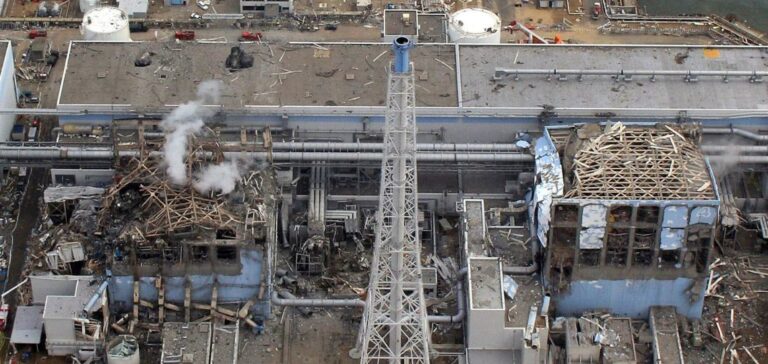The operator of the Fukushima power plant, Tokyo Electric Power Company (Tepco), is relaunching the operation to remove radioactive debris from inside the reactors.
After a postponement due to technical problems during the installation of the equipment, Tepco plans to resume extraction on September 10, 2024.
The aim is to recover a small quantity – around 3 grams – from the 880 tonnes of contaminated material still present.
The analysis of this sample is crucial for assessing the condition of the reactors and the residual risks.
The 2011 tsunami damaged three of the plant’s six reactors, melting the cooling systems and triggering the worst nuclear disaster since Chernobyl.
Since then, the management of radioactive debris remains one of the most complex decommissioning challenges.
Tepco has developed robots capable of operating in high-radiation environments to explore and remove these materials, using advanced technology to minimize risks.
Extraction technology and challenges
The operation uses a robotic probe designed to withstand high levels of radiation.
The probe’s mechanical arm should reach the radioactive debris in about a week, and bring it back to the surface after four weeks of operation.
Extraction is essential to obtain accurate data on the reactors’ internal conditions.
The results will influence the next stages of dismantling and risk management strategies.
Last February, Tepco had already deployed drones and a serpentine robot to map the most damaged areas, but technical problems interrupted the mission.
This time, the emphasis is on rigorous procedures to avoid further setbacks.
Removing the debris is a strategic priority for progress in dismantling the plant, a process that could extend over several decades due to the complexity of the operations.
International tensions and the management of contaminated water
Since August 2023, Japan has been discharging contaminated water, previously treated and stored at the plant site, into the Pacific Ocean.
This approach, validated by the International Atomic Energy Agency (IAEA), provoked negative reactions, notably from China, which suspended its imports of Japanese seafood products.
Russia has also followed suit, fuelling regional tensions.
Although the Japanese authorities insist that the water released has been treated to reduce radioactivity levels, these measures have not allayed the concerns of some neighboring countries.
Ongoing monitoring of these discharges and their potential impact remains a central issue in international discussions on post-Fukushima management.
Long-term dismantling outlook
The Fukushima decommissioning process represents a major challenge for both the nuclear industry and Japan.
The decisions taken today, based on the state of the reactors and the debris, will determine the roadmap for the coming years.
Debris recovery is just one stage in this long-term project, which requires technological innovation and close coordination between all the players involved.
The outcome of these operations will influence discussions on nuclear safety and future energy policies, both in Japan and worldwide.
The industry is closely monitoring these developments to learn lessons and adjust its own safety and risk management protocols.






















